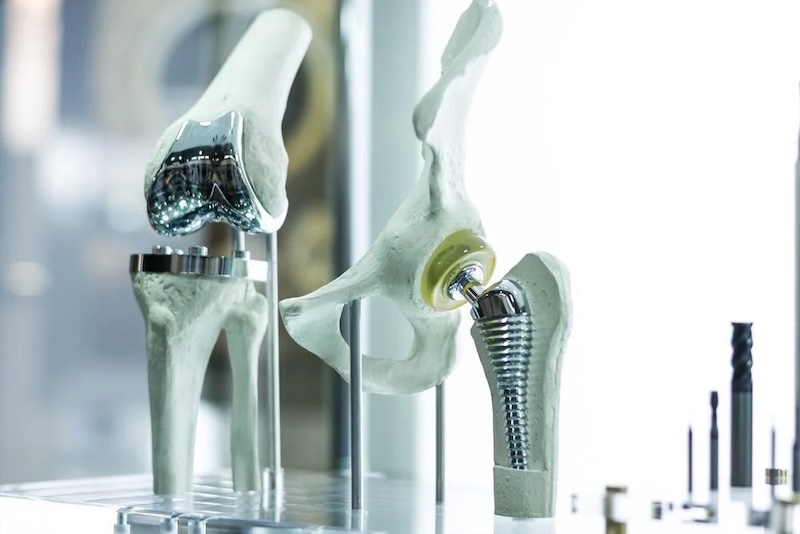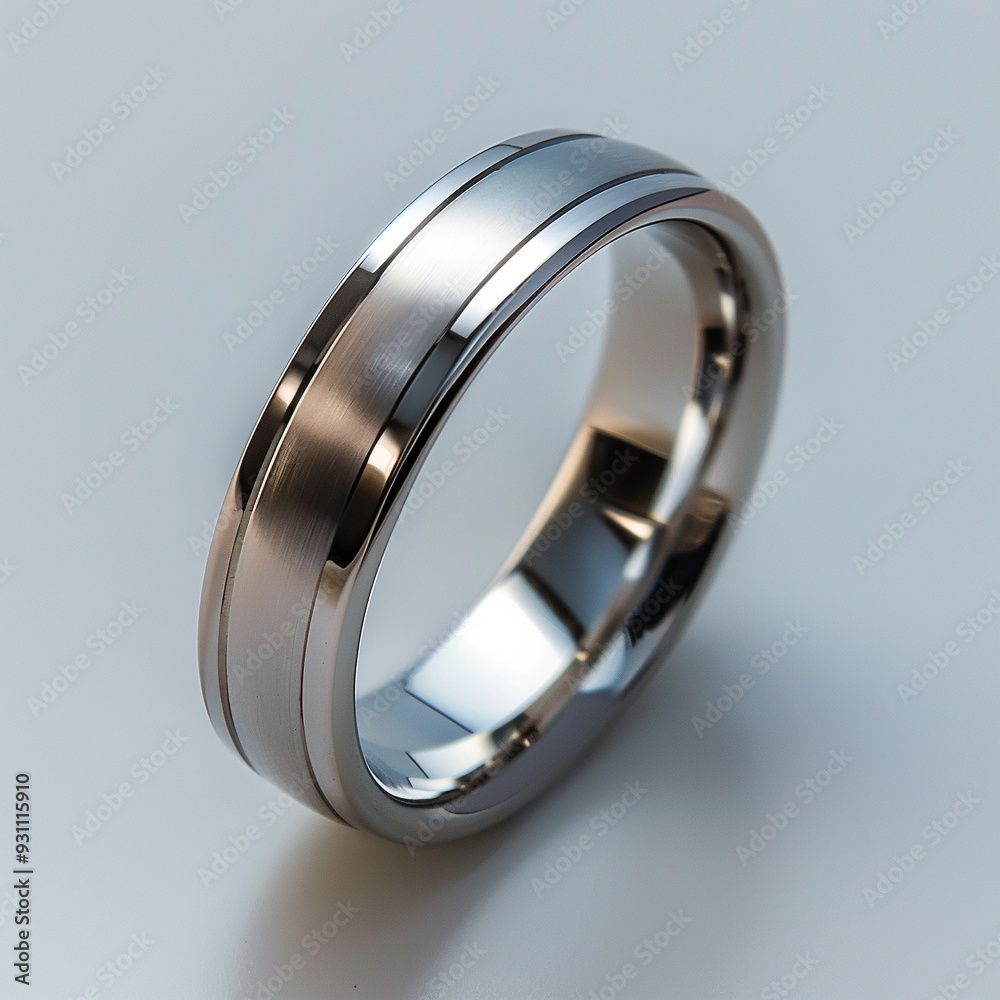Introduction: The Growing Demand for Titanium Forgings
Titanium forgings are becoming indispensable across a range of industries due to their unique properties, including exceptional strength-to-weight ratio, corrosion resistance, and fatigue durability. As manufacturing processes improve and demand for high-performance materials rises, titanium forgings are seeing widespread adoption in critical and high-tech sectors. But what industries are leading this adoption, and why is titanium forging the material of choice?
Industries such as aerospace, medical, automotive, energy, and marine are increasingly adopting titanium forgings for their unparalleled performance, reliability, and ability to meet demanding application requirements.
Let me explore these industries and why titanium forgings are driving innovation and efficiency.
Are Titanium Forgings Essential in Aerospace?
The aerospace industry was one of the earliest adopters of titanium forgings, and their use continues to grow.
Key reasons:
• Strength-to-Weight Ratio: Titanium’s high strength and low weight reduce aircraft mass, enhancing fuel efficiency and payload capacity.
• Corrosion Resistance: Titanium resists oxidation and chemical degradation, ensuring durability in harsh environments.
• Temperature Stability: Forged titanium components maintain structural integrity under extreme temperatures, making them ideal for jet engines and spacecraft.
Applications include:
• Aircraft structural components like wing spars and fuselage parts.
• Jet engine components such as compressor blades and casings.
• Spacecraft components subjected to extreme stress and thermal fluctuations.
For me, titanium’s ability to meet the aerospace industry’s rigorous standards ensures its ongoing role in advancing aviation and space exploration.

How Are Titanium Forgings Revolutionizing the Medical Industry?
In the medical sector, titanium forgings are essential for producing durable and biocompatible implants and surgical instruments.
Key advantages:
• Biocompatibility: Titanium is non-toxic and integrates well with bone and tissue, minimizing rejection risks.
• Durability: Forgings provide long-lasting implants that can withstand bodily stresses for decades.
• Precision: The forging process allows for the creation of highly accurate and complex shapes required in medical devices.
Applications include:
• Joint replacements, such as hip and knee implants.
• Spinal implants and fixation devices.
• Surgical tools like forceps and scalpels.
For me, titanium forgings in medicine represent a perfect blend of innovation and life-enhancing practicality.

Why Is the Automotive Industry Turning to Titanium Forgings?
As the automotive industry pushes for better performance and efficiency, titanium forgings are becoming a key material in high-performance and electric vehicles.
Key benefits:
• Lightweight Strength: Reducing vehicle weight improves fuel efficiency and performance.
• Fatigue Resistance: Titanium components endure cyclic stresses, ideal for critical parts like suspension systems.
• Corrosion Resistance: Ensures durability in all-weather conditions.
Applications include:
• Engine components, such as connecting rods and valves.
• Suspension and steering components for high-performance vehicles.
• Electric vehicle (EV) battery enclosures, where weight reduction is critical.
For me, titanium forgings are driving advancements in vehicle design, particularly as the industry shifts toward EVs and sustainability.
How Are Titanium Forgings Shaping the Energy Industry?
Titanium’s properties make it invaluable in energy applications, particularly in renewable energy and power generation.
Key contributions:
• Corrosion Resistance: Ideal for offshore wind turbines and hydroelectric equipment exposed to water and salt.
• High-Temperature Strength: Suitable for components in gas turbines and nuclear reactors.
• Durability: Long-lasting performance reduces maintenance costs and improves efficiency.
Applications include:
• Turbine blades and casings in power plants.
• Heat exchangers in chemical and power industries.
• Structural components for wind and hydro energy systems.
For me, titanium forgings play a crucial role in making energy systems more reliable and sustainable.
Why Are Titanium Forgings Gaining Popularity in Marine Applications?
Marine environments are highly corrosive, making titanium forgings an ideal solution for critical components in ships and underwater systems.
Key benefits:
• Corrosion Resistance: Titanium is impervious to saltwater, reducing maintenance and extending equipment lifespan.
• Lightweight: Lighter components improve vessel efficiency and reduce fuel consumption.
• High Strength: Withstands the mechanical stresses of underwater operations.
Applications include:
• Propeller shafts and underwater connectors.
• Submarine hull components and subsea exploration equipment.
• Marine heat exchangers and piping systems.
For me, titanium’s durability and reliability make it a cornerstone material for advancing marine technology.

How Are Emerging Industries Benefiting from Titanium Forgings?
Beyond traditional sectors, new industries are discovering the benefits of titanium forgings.
Examples include:
• Additive Manufacturing: Titanium forgings are used as starting materials for 3D-printed components in aerospace and medical fields.
• Consumer Electronics: Lightweight and durable titanium components are finding applications in wearables and high-end devices.
For me, these emerging uses highlight titanium’s versatility and its potential to drive innovation in the future.
Claim: Why Titanium Forgings Are Transforming Industries
Titanium forgings are increasingly adopted across industries because of their unmatched combination of strength, corrosion resistance, and adaptability. Their applications continue to expand as technologies evolve and performance demands rise.
Conclusion: The Future of Titanium Forgings Across Industries
When I look at the growing adoption of titanium forgings, it’s clear that their exceptional properties are meeting the challenges of diverse industries. From aerospace to marine, and even into emerging fields, titanium forgings provide unmatched reliability and efficiency. For me, their versatility and performance make them an essential material driving progress in today’s most innovative sectors.






